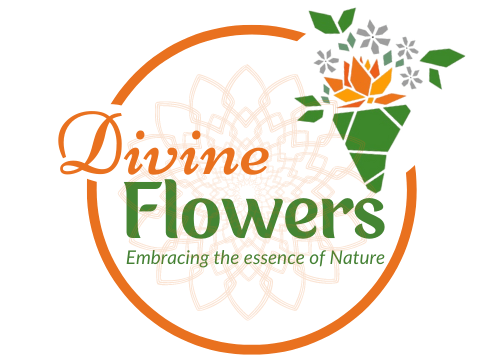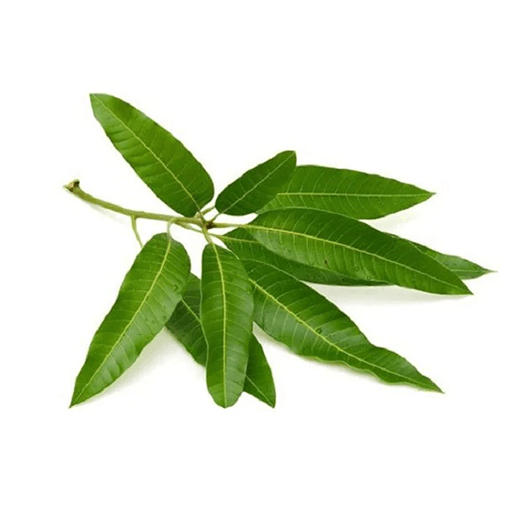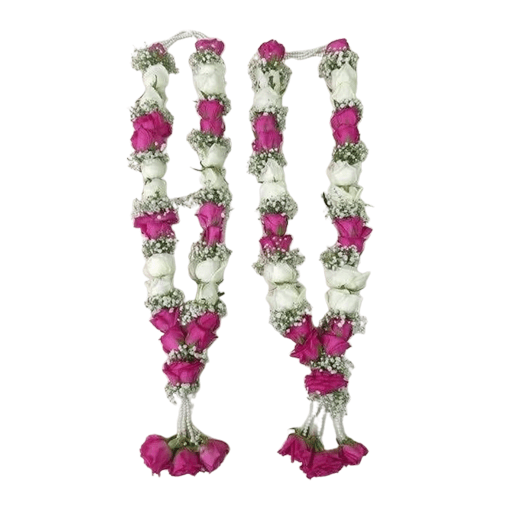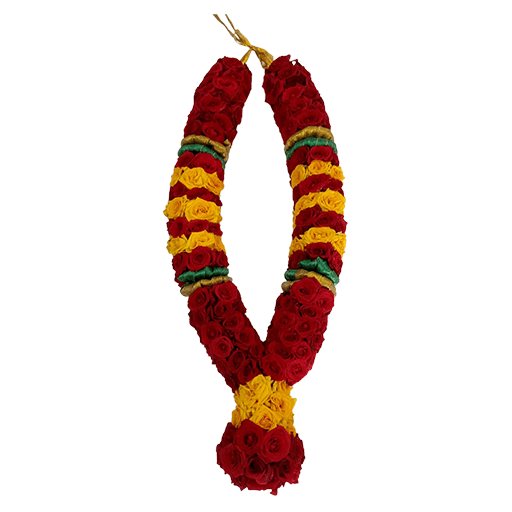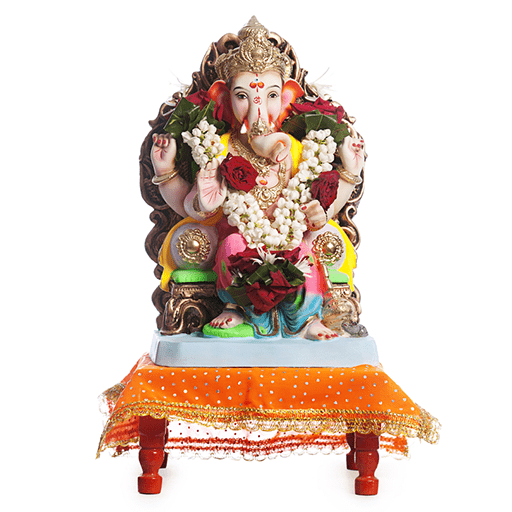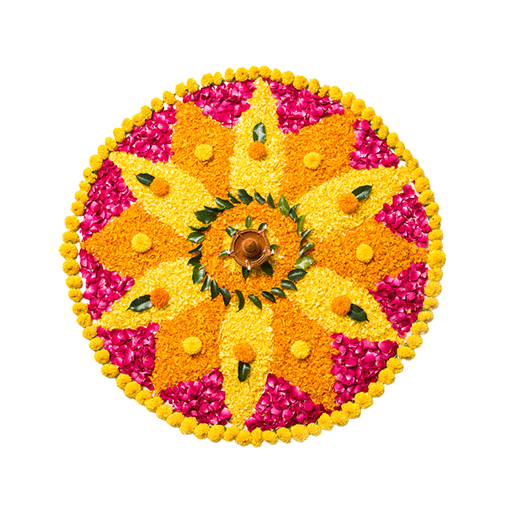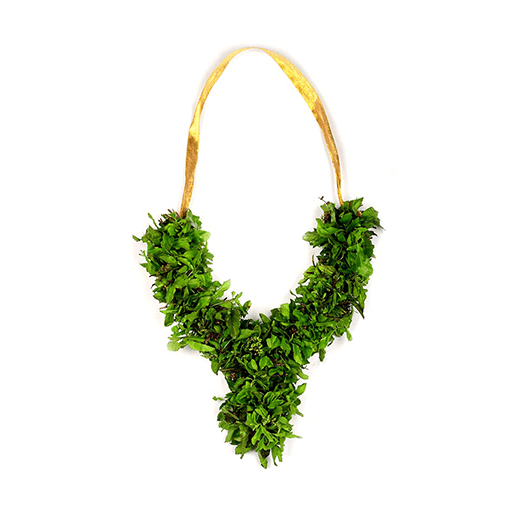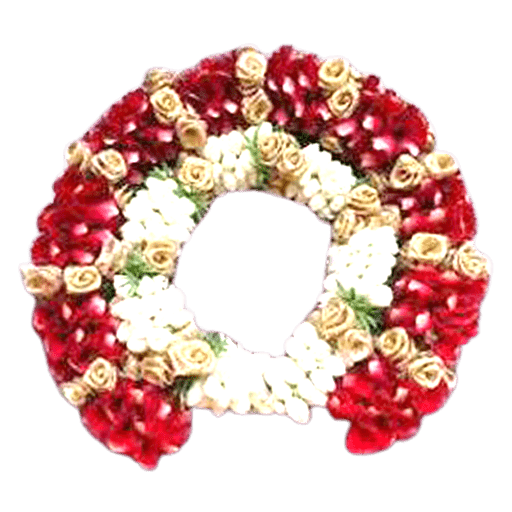Panguni Uthiram
Get Franchise
Flowers, Garlands & Leaves for Panguni Uthiram
Panguni Uthiram, a vibrant Tamil festival celebrating the celestial wedding of Parvati and Parameswara (Shiva), is adorned with beautiful flowers, fragrant garlands, and symbolic leaves. Let’s explore some of the most commonly used elements:
Flowers:
Jasmine String:
Known for its delicate white blooms and intoxicating fragrance, jasmine strings are a must-have for Panguni Uthiram. They symbolize purity, devotion, and everlasting love, perfect for the occasion.
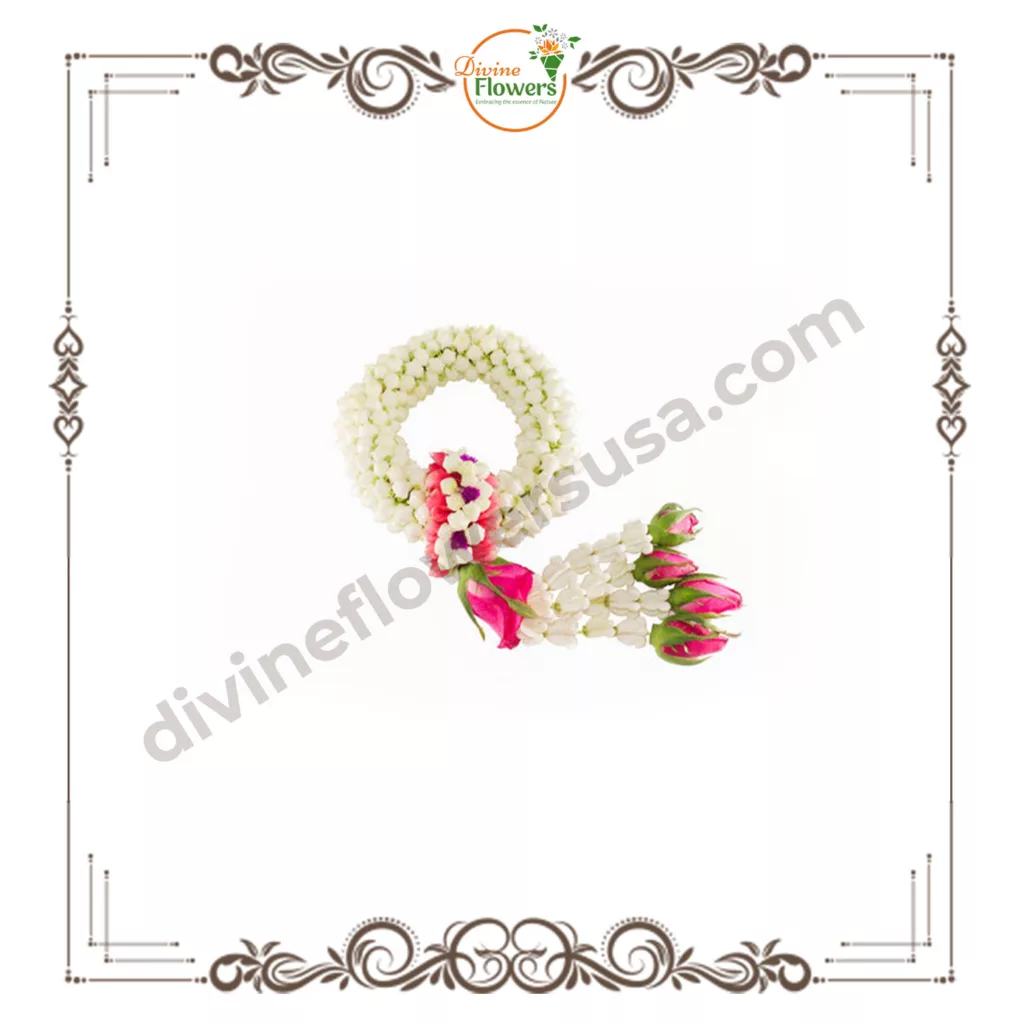
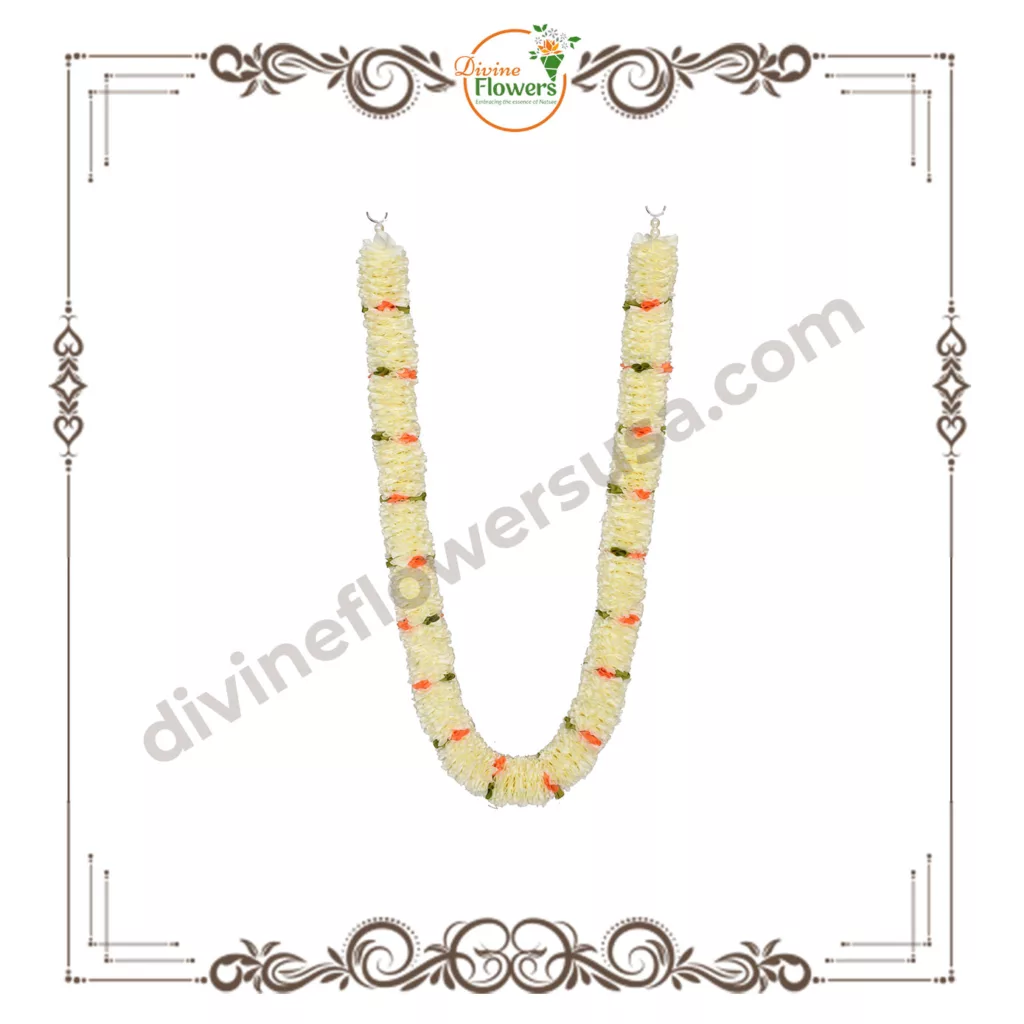
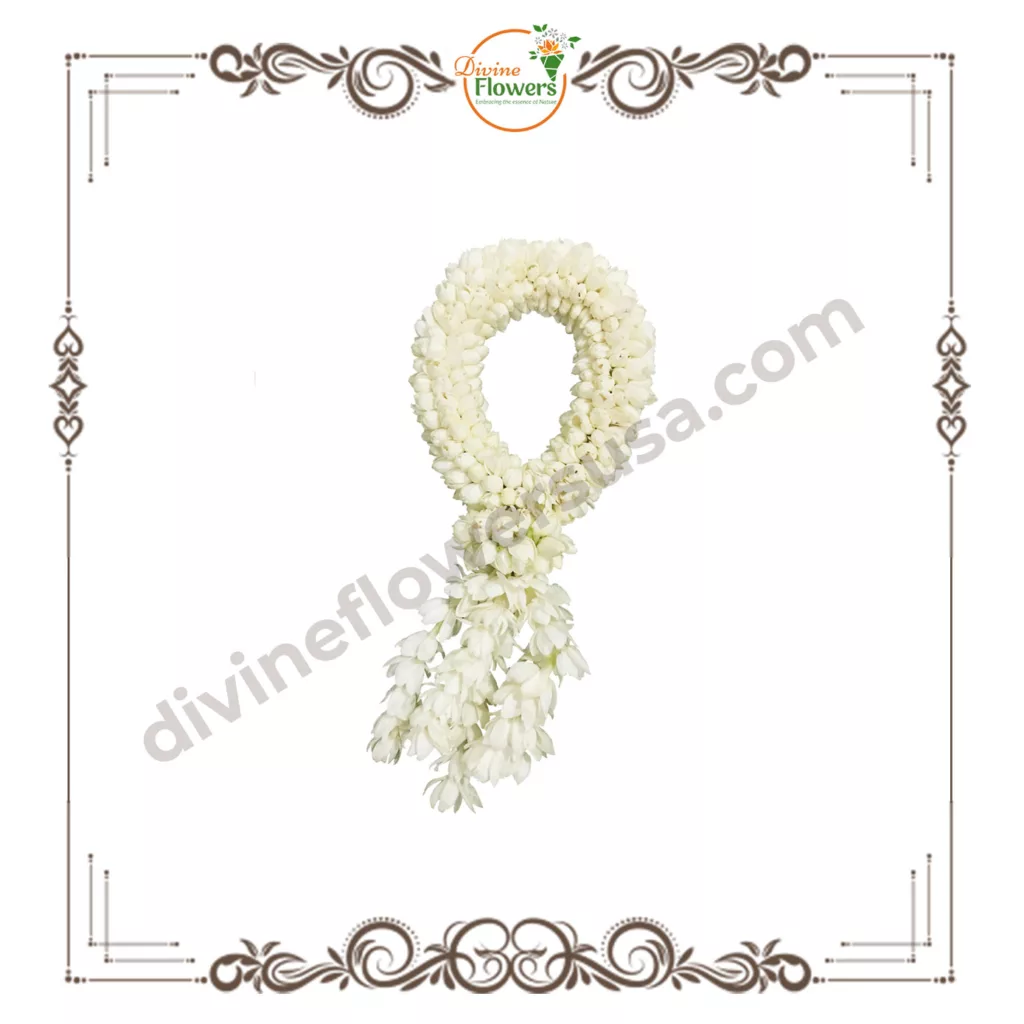
Mullai String:
While jasmine is often referred to as “Mullai” in Tamil, you might also see it listed separately. Both terms refer to the same fragrant white flower.
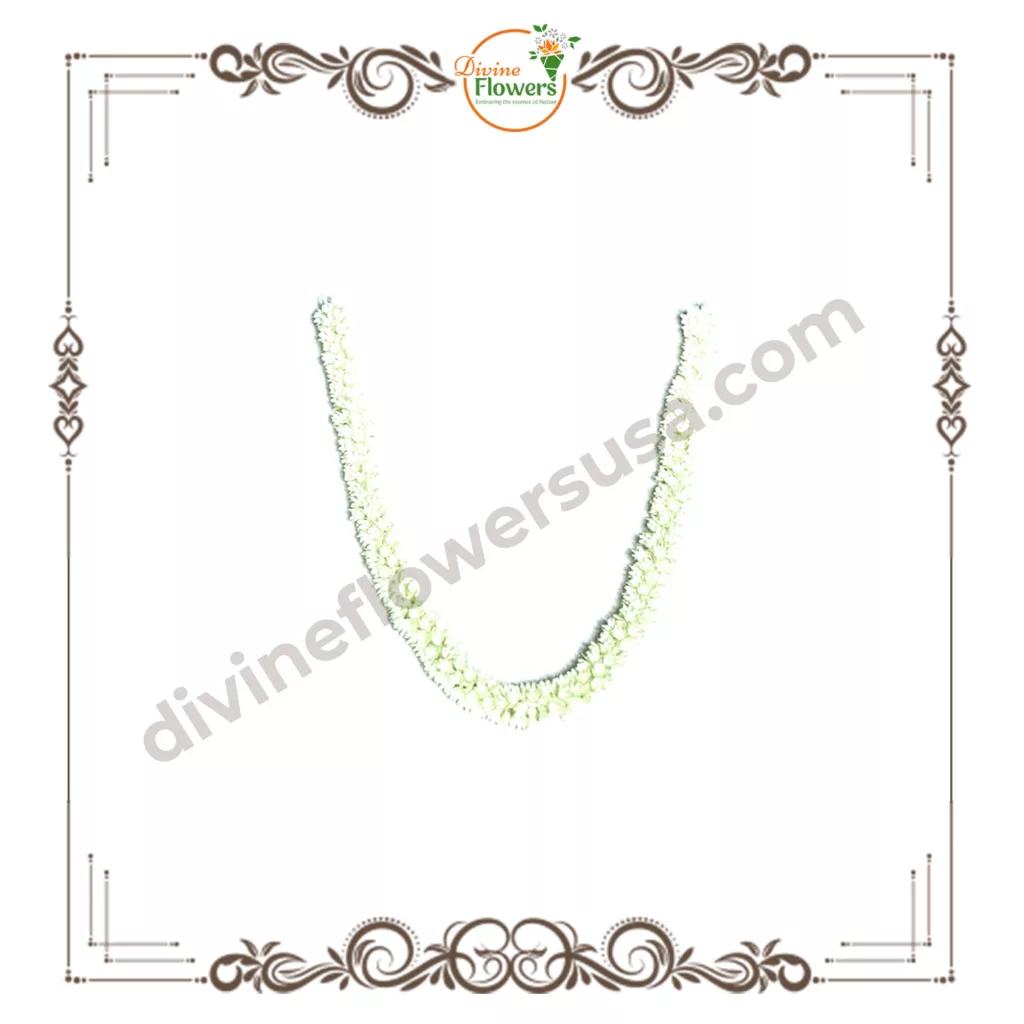
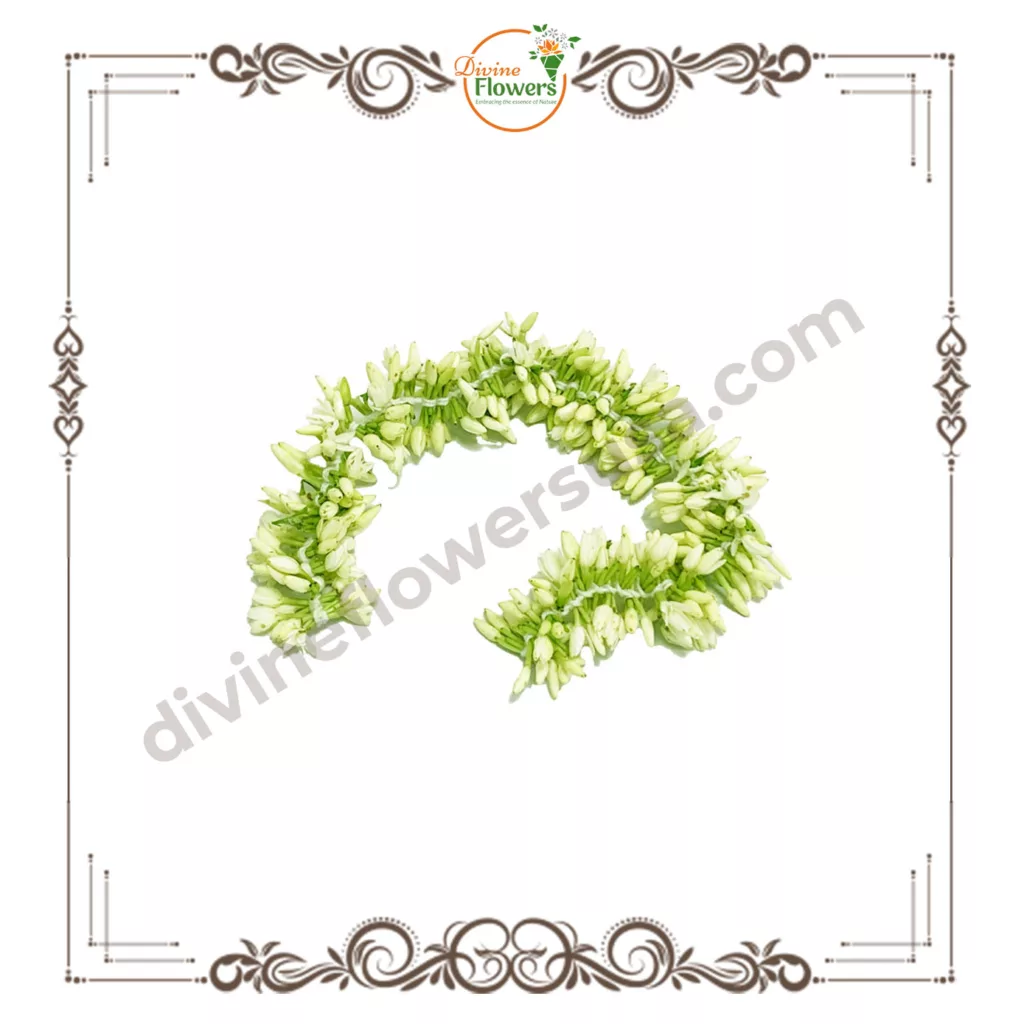
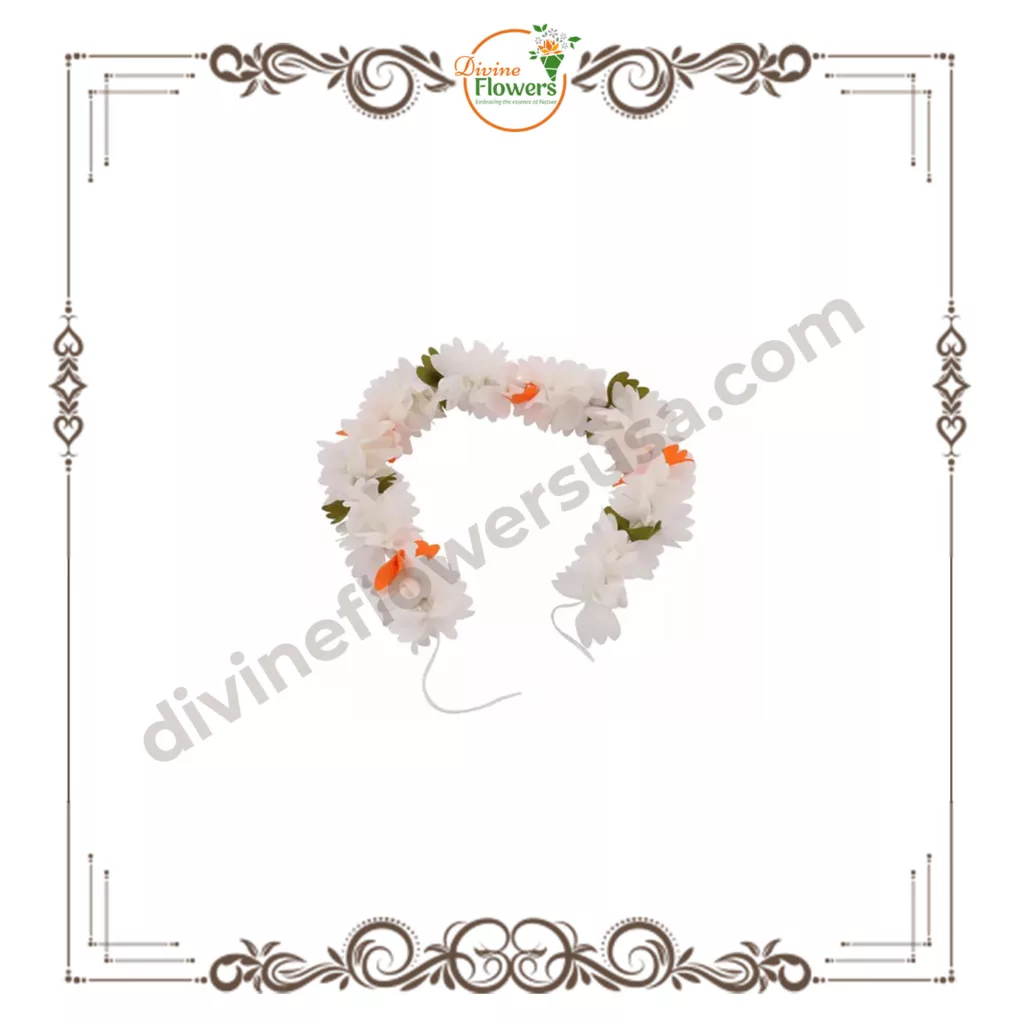
Button Roses:
These small, vibrant roses come in various colors, adding a touch of cheerfulness to the decorations. They represent joy, new beginnings, and blessings.
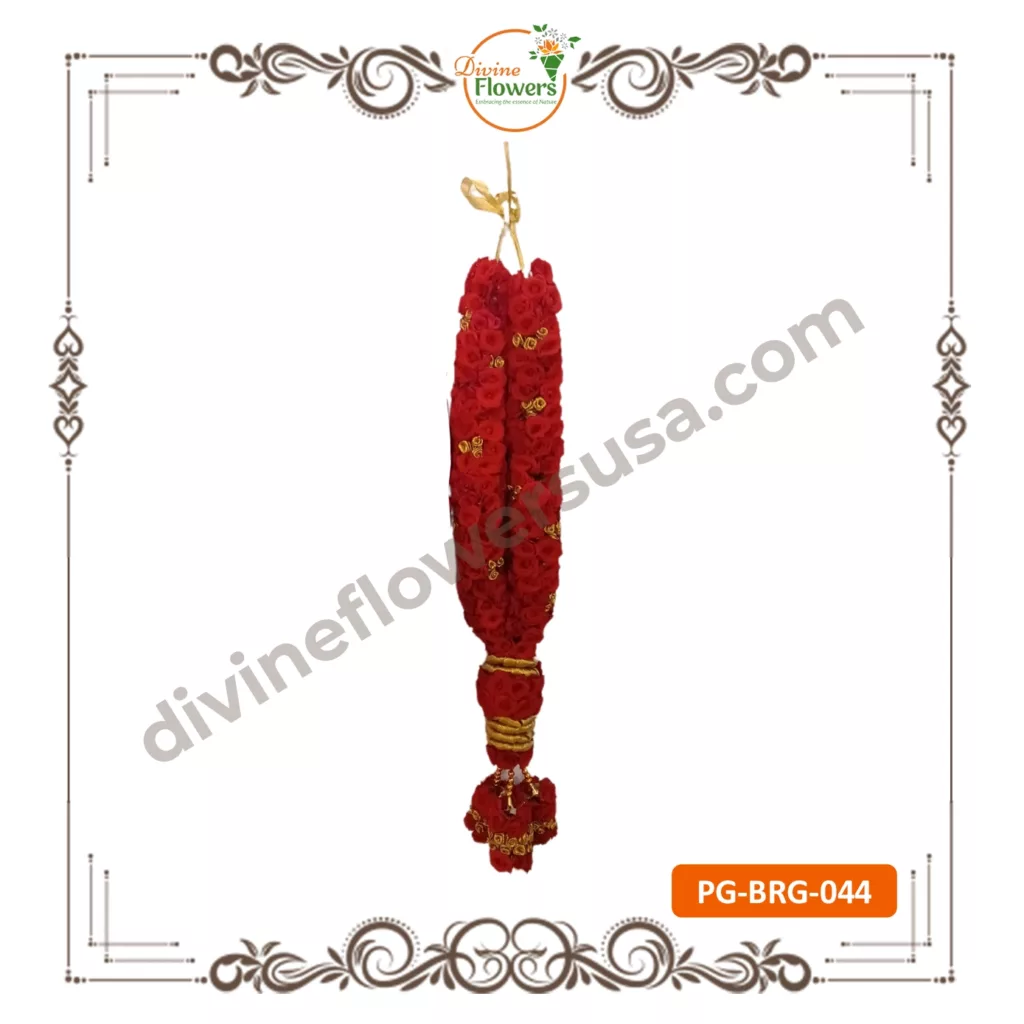
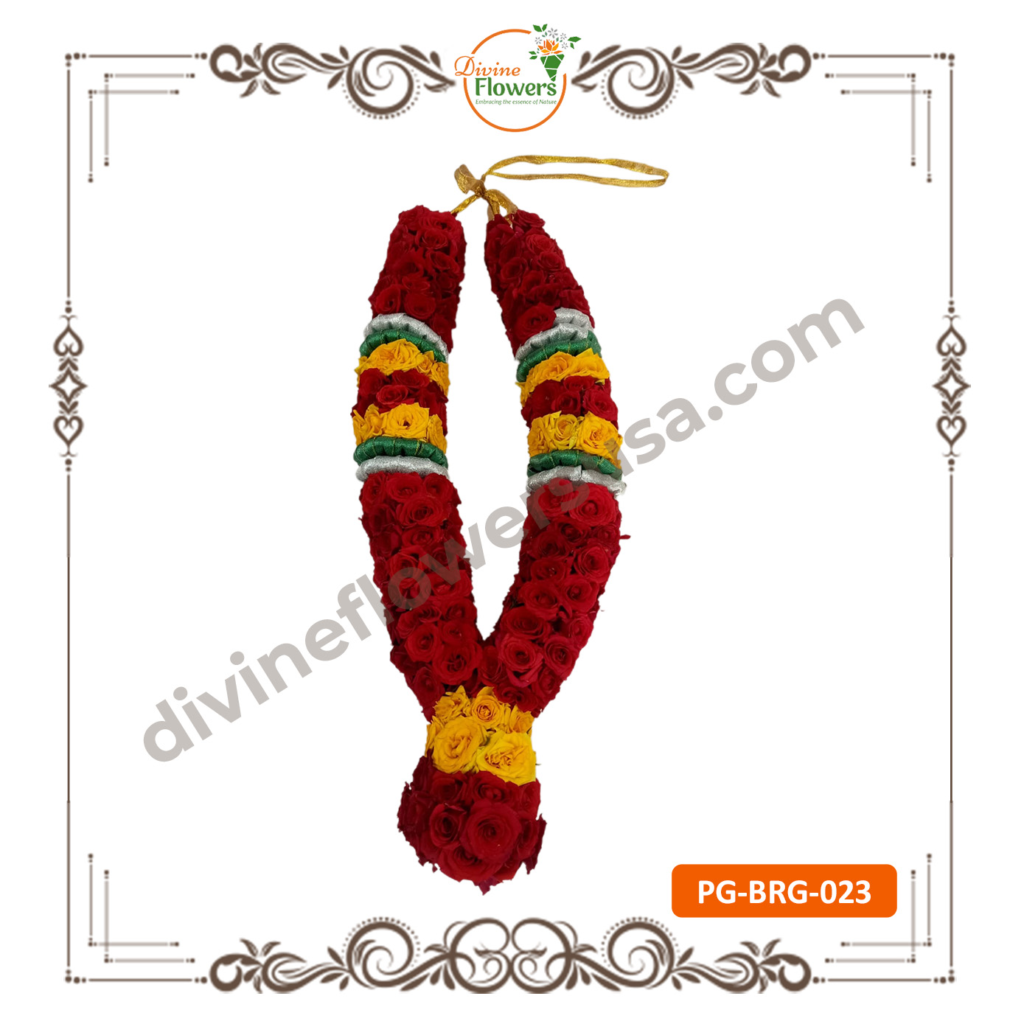
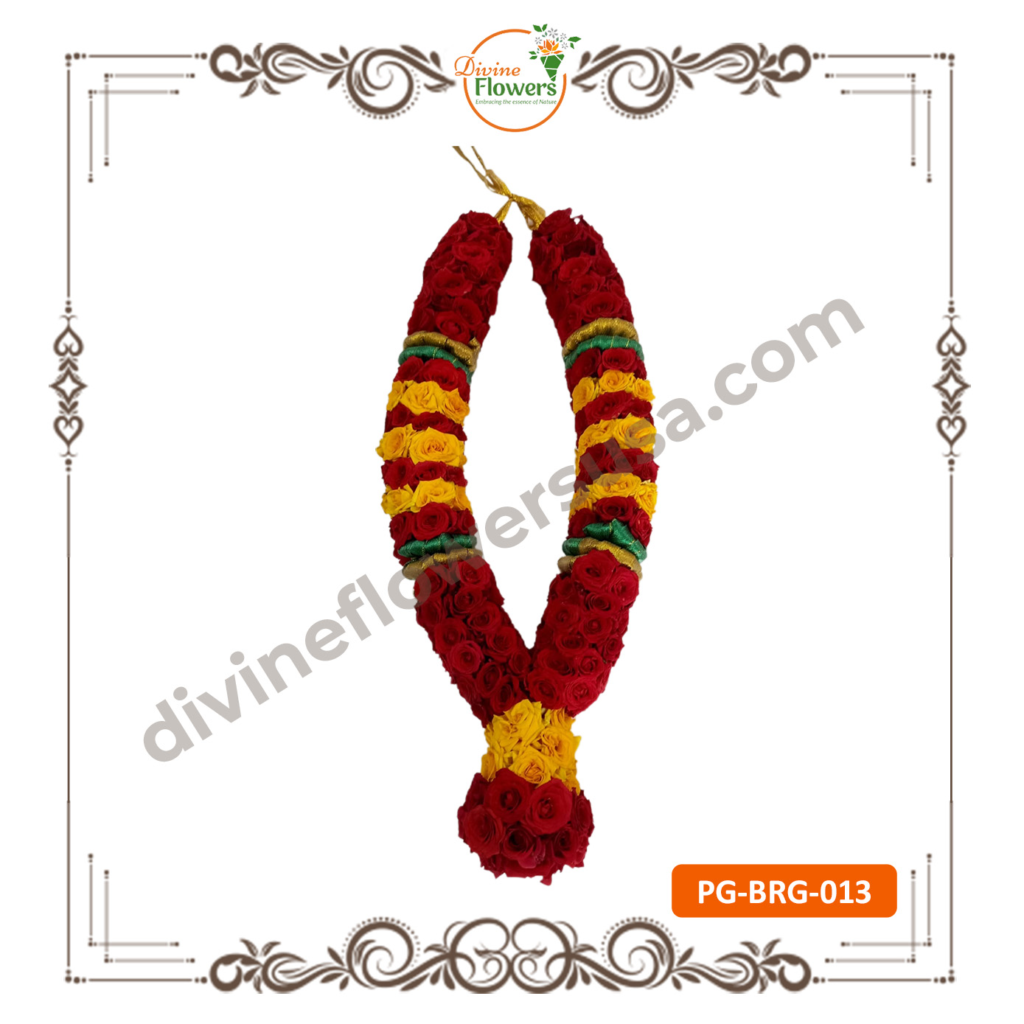
Lily / Tube Roses:
Both lilies and tube roses (also known as bakula) are known for their elegant form and sweet fragrance. Lilies symbolize purity and devotion, while tube roses represent passion and divine grace.
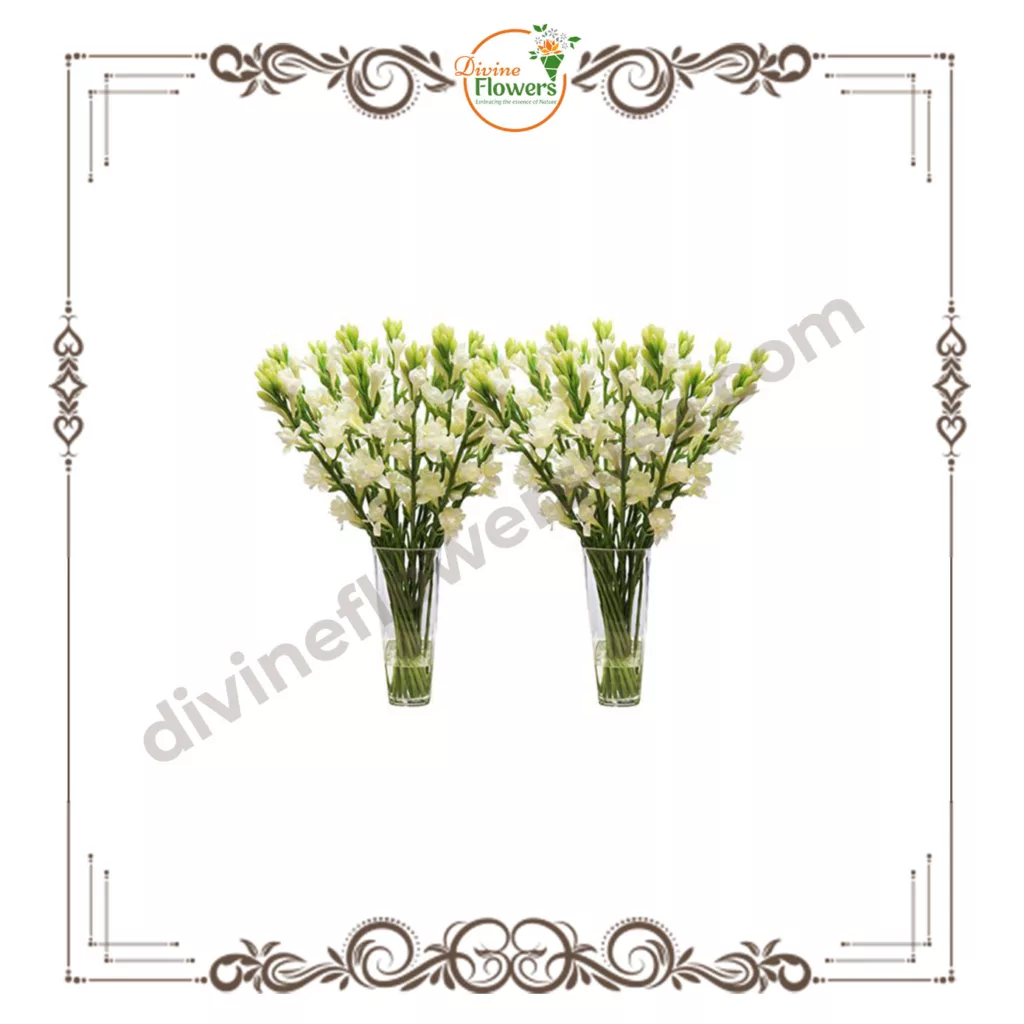
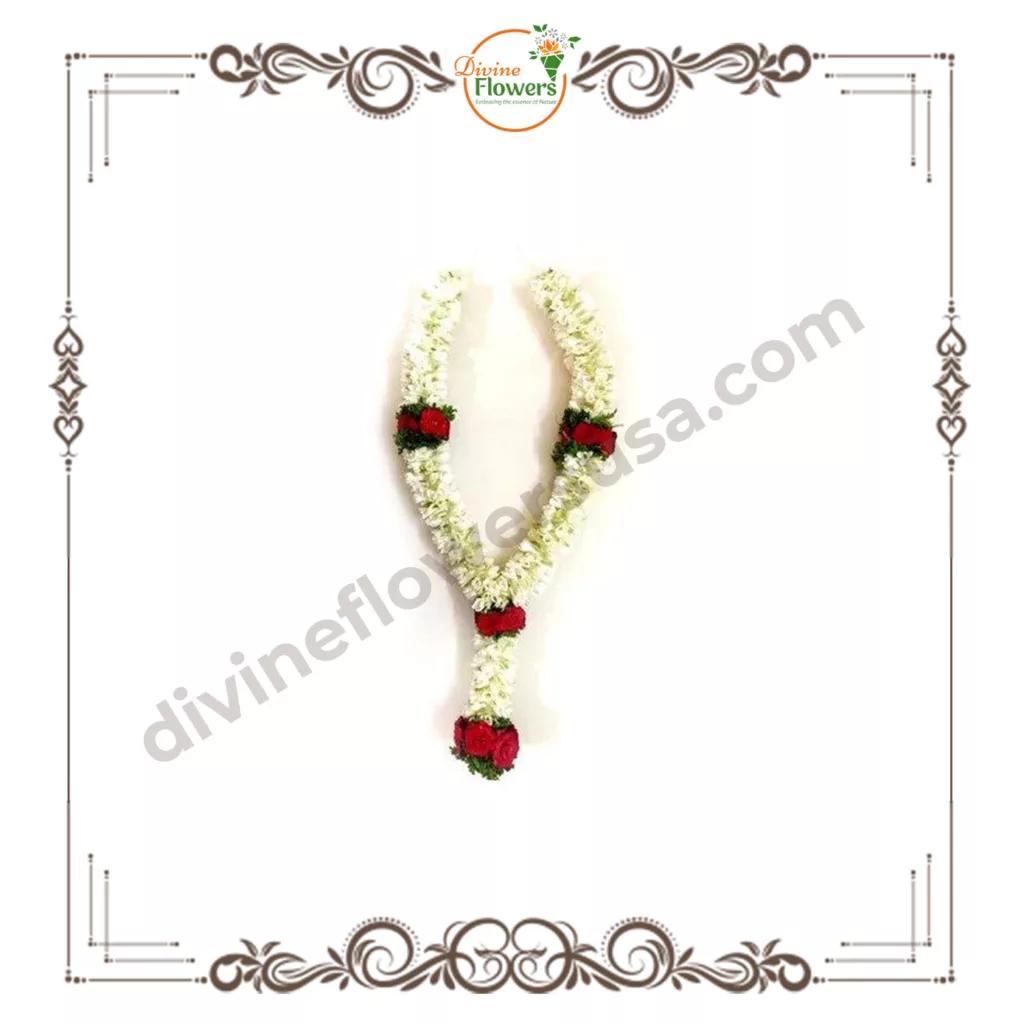
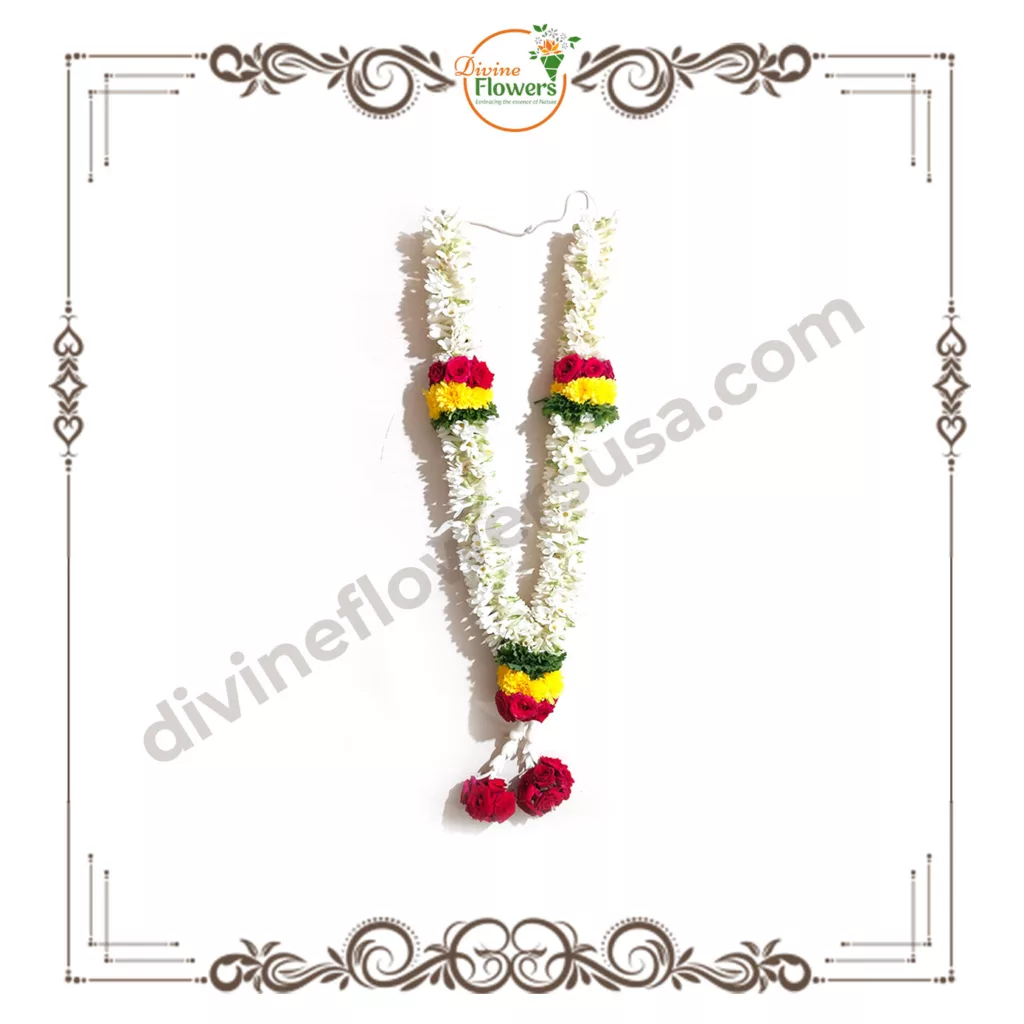
Lotus:
The lotus flower, considered sacred in Hinduism, holds a special place in Panguni Uthiram. Its pristine white or pink blooms symbolize spiritual growth, purity, and enlightenment.
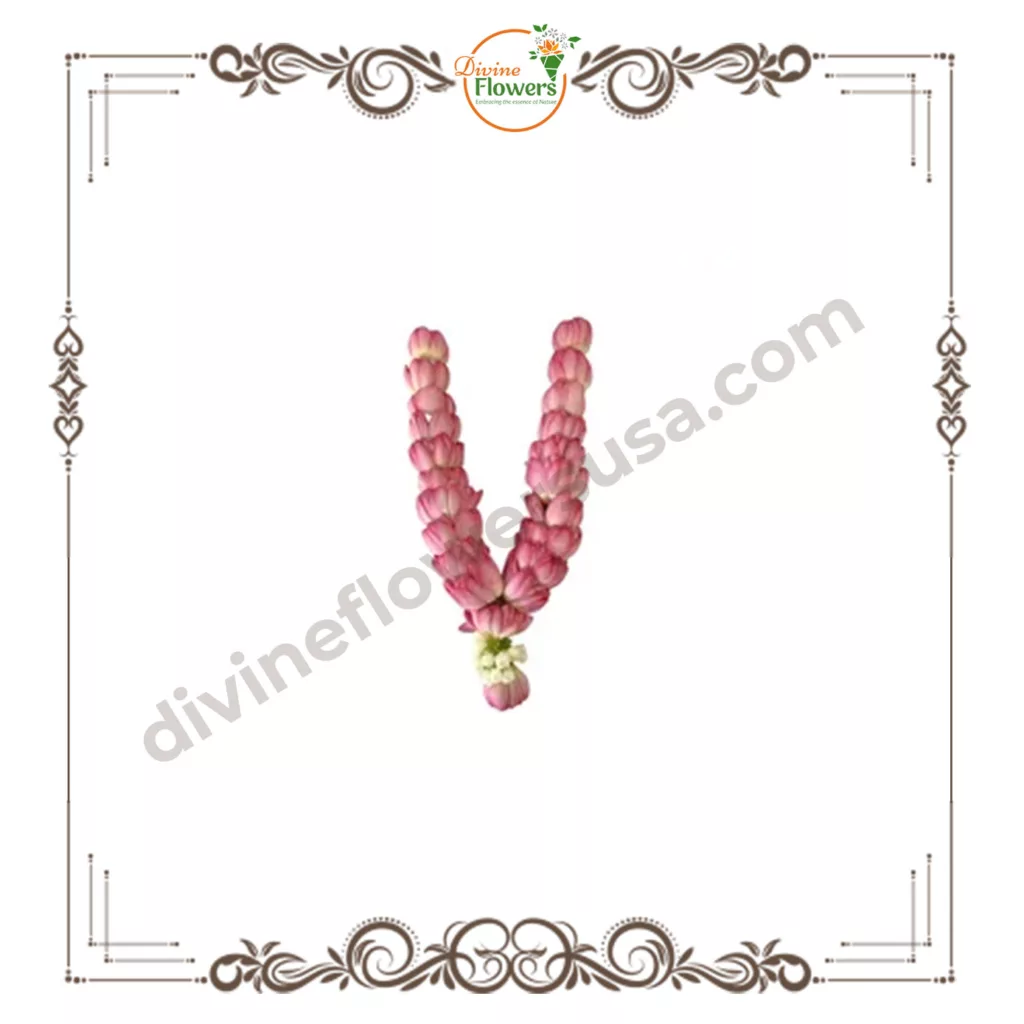
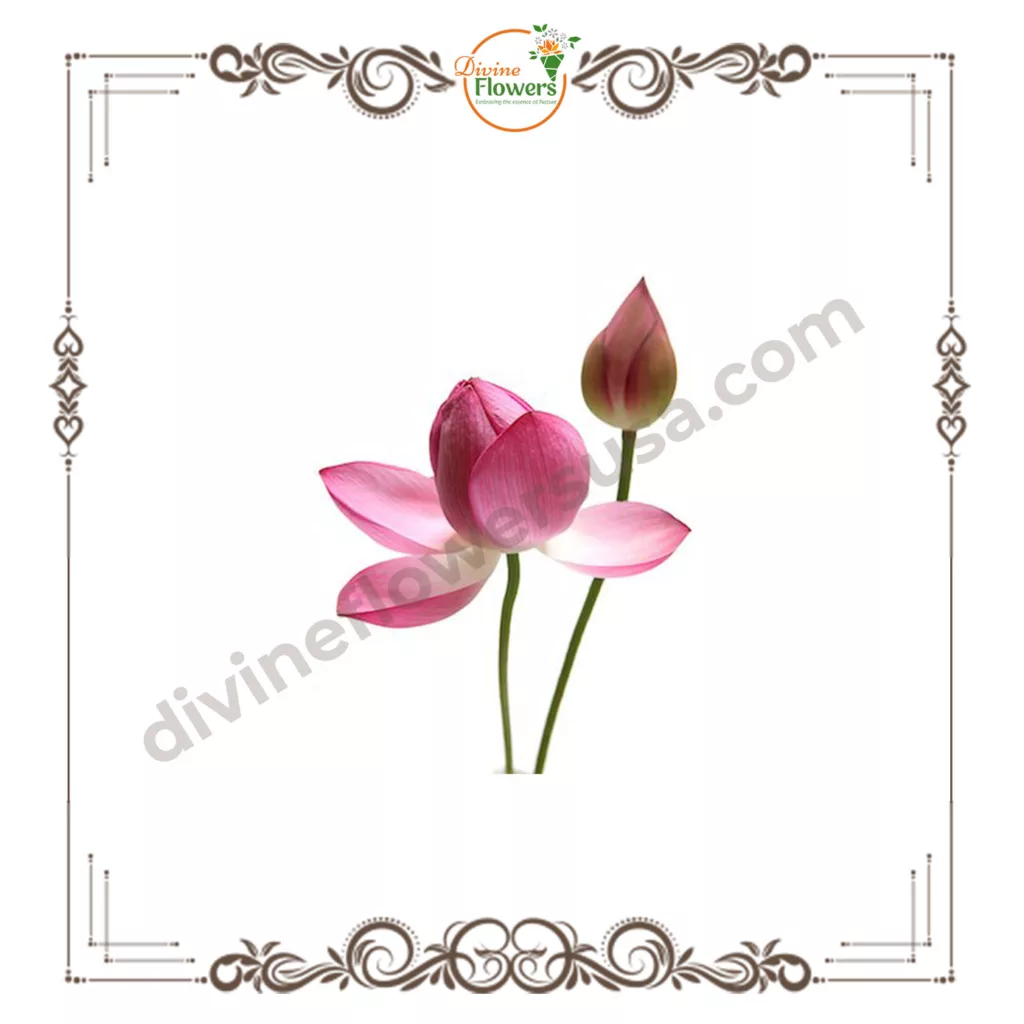
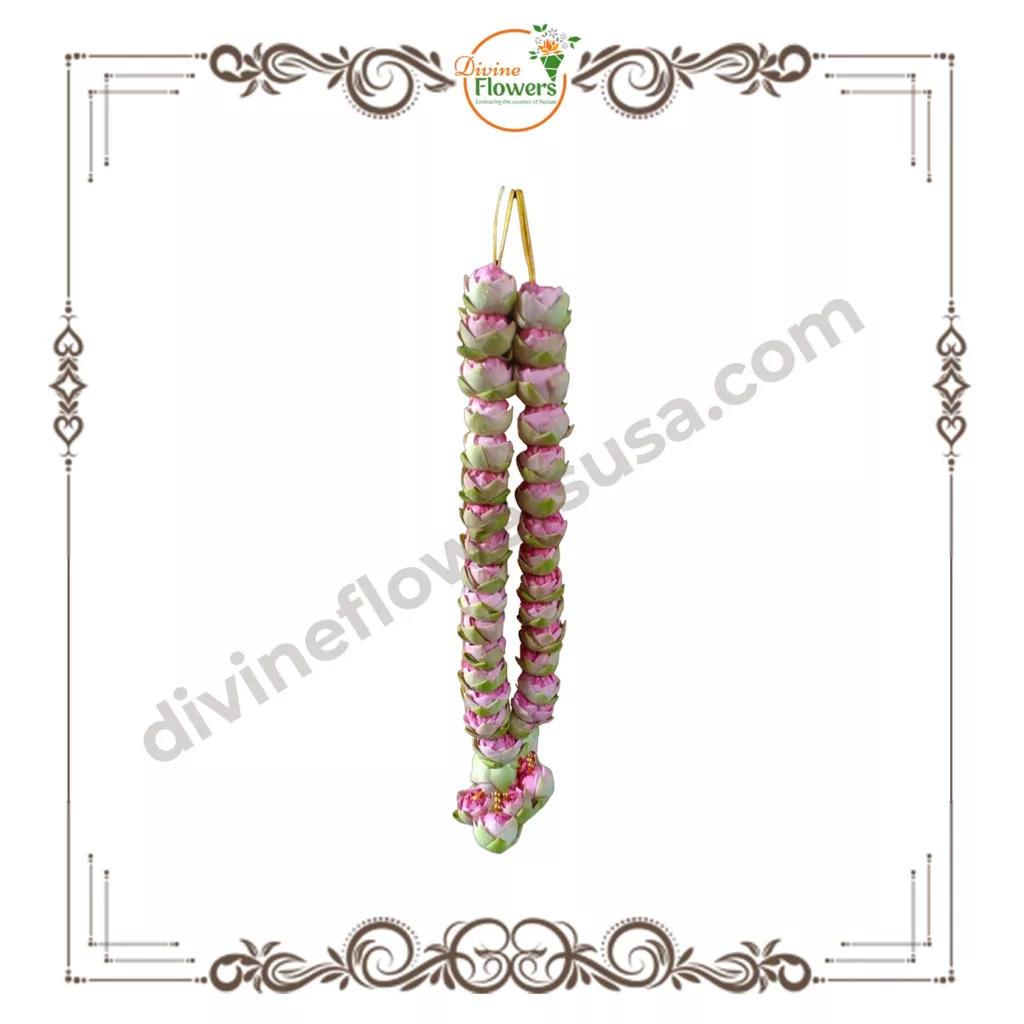
Garlands:
Flower Garlands:
Intricately woven garlands made from jasmine, mullai, button roses, lilies, and other fragrant flowers adorn the deities and doorways during Panguni Uthiram. These garlands represent not only beauty but also offerings to the divine couple.


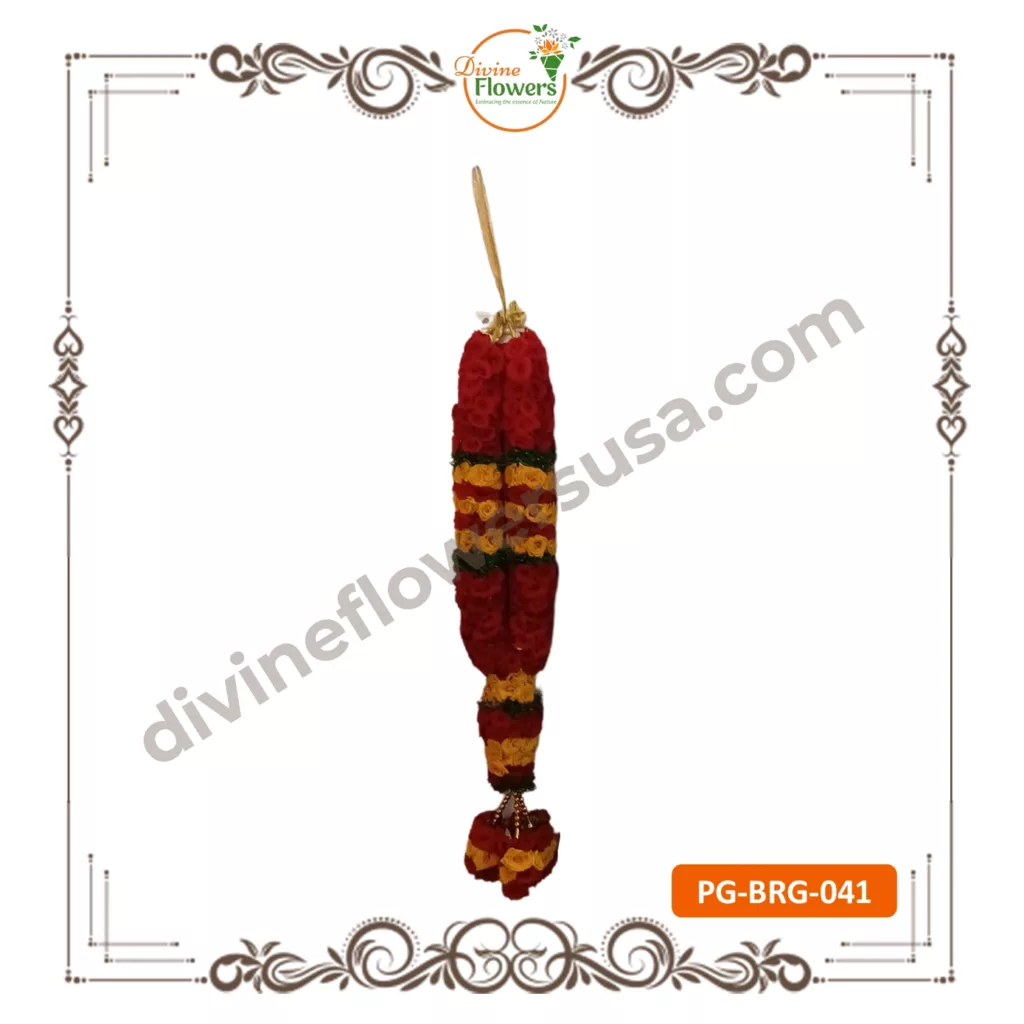
Leaves:
Banana Leaves:
Large banana leaves are used as a base for preparing offerings (prasadam) during the festival. They symbolize abundance, purity, and nourishment.
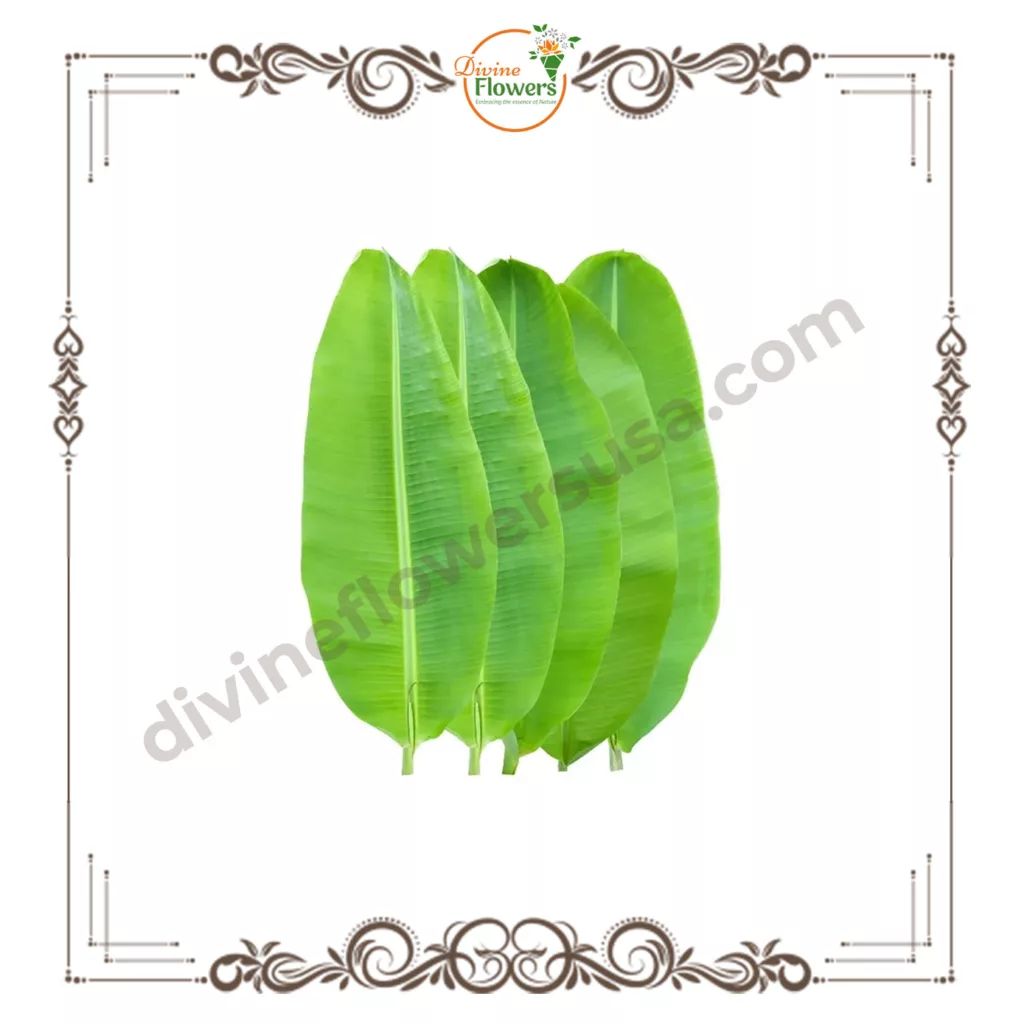
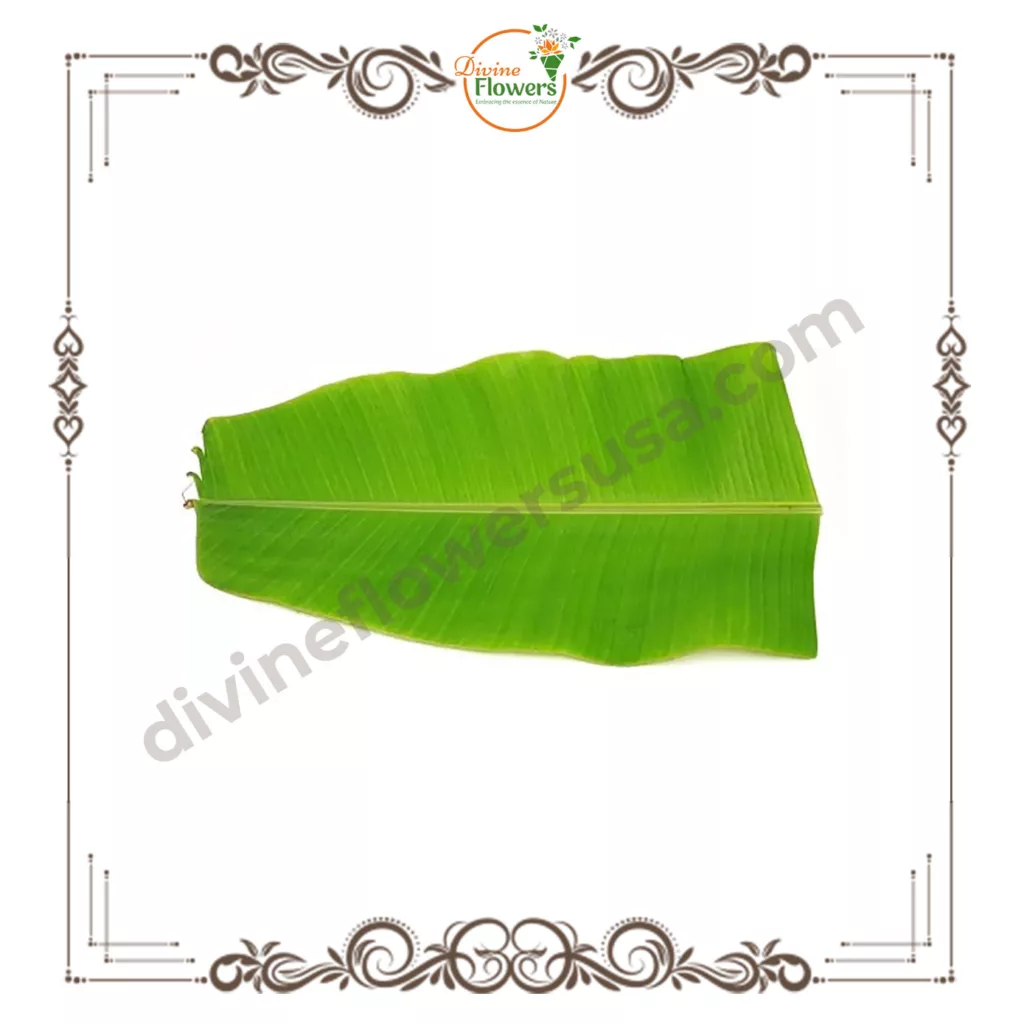
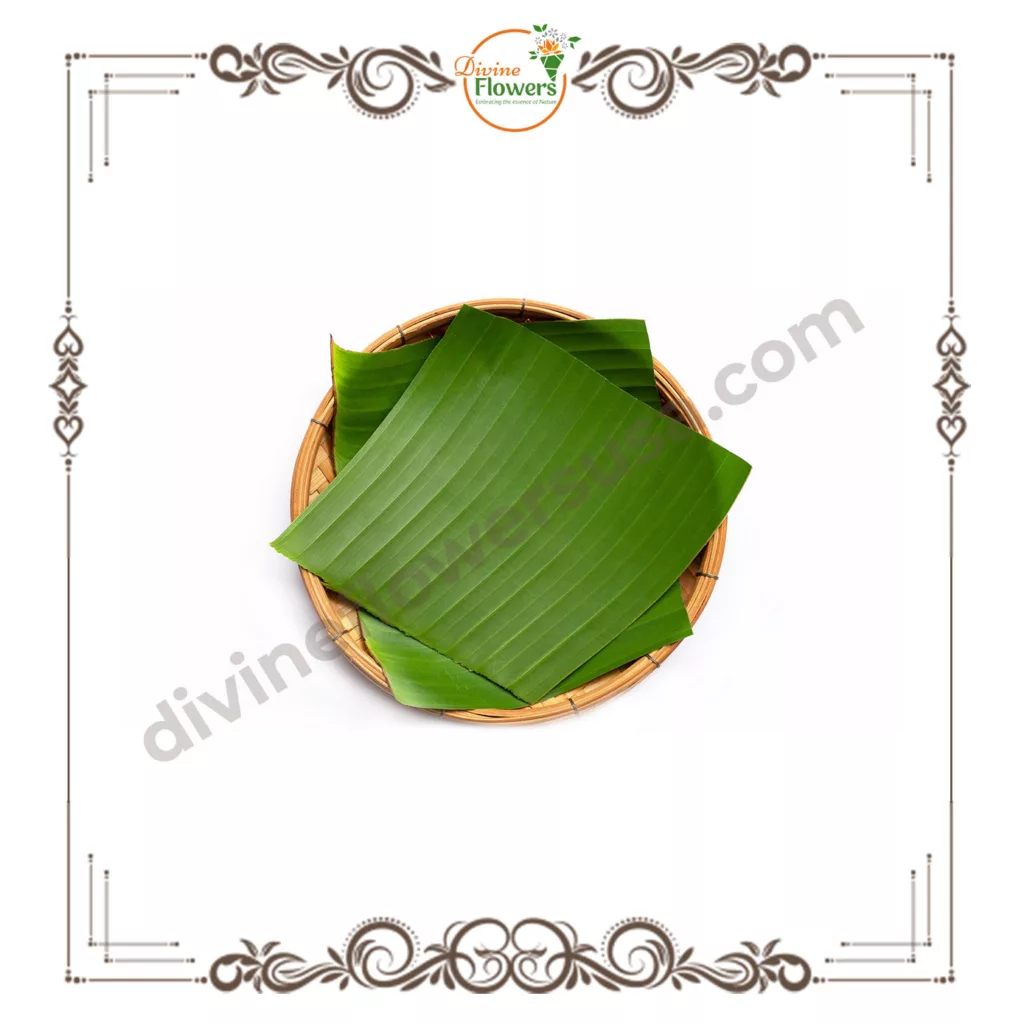
Mango Leaves:
Mango leaves, known for their auspiciousness, are often strung together or placed at the entrance of homes and temples during Panguni Uthiram. They represent prosperity, new beginnings, and blessings for the coming year.
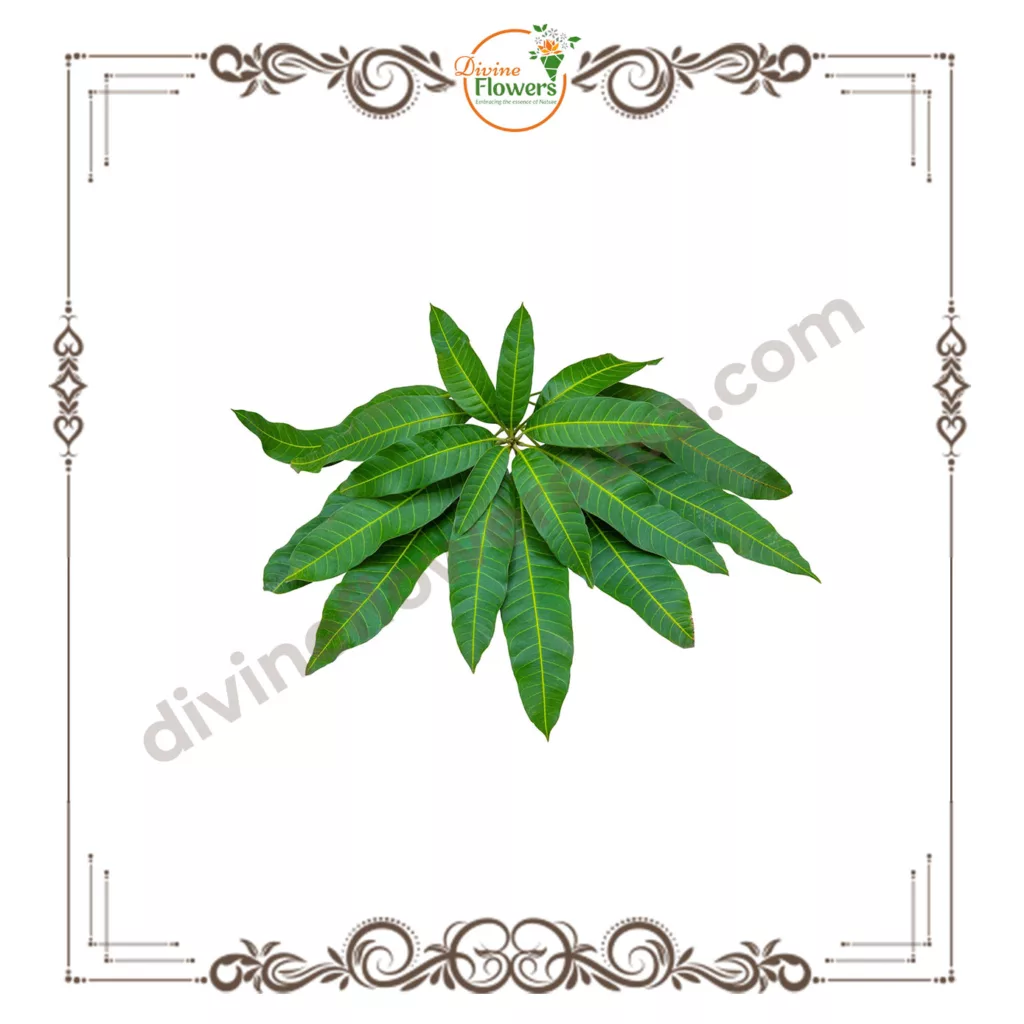
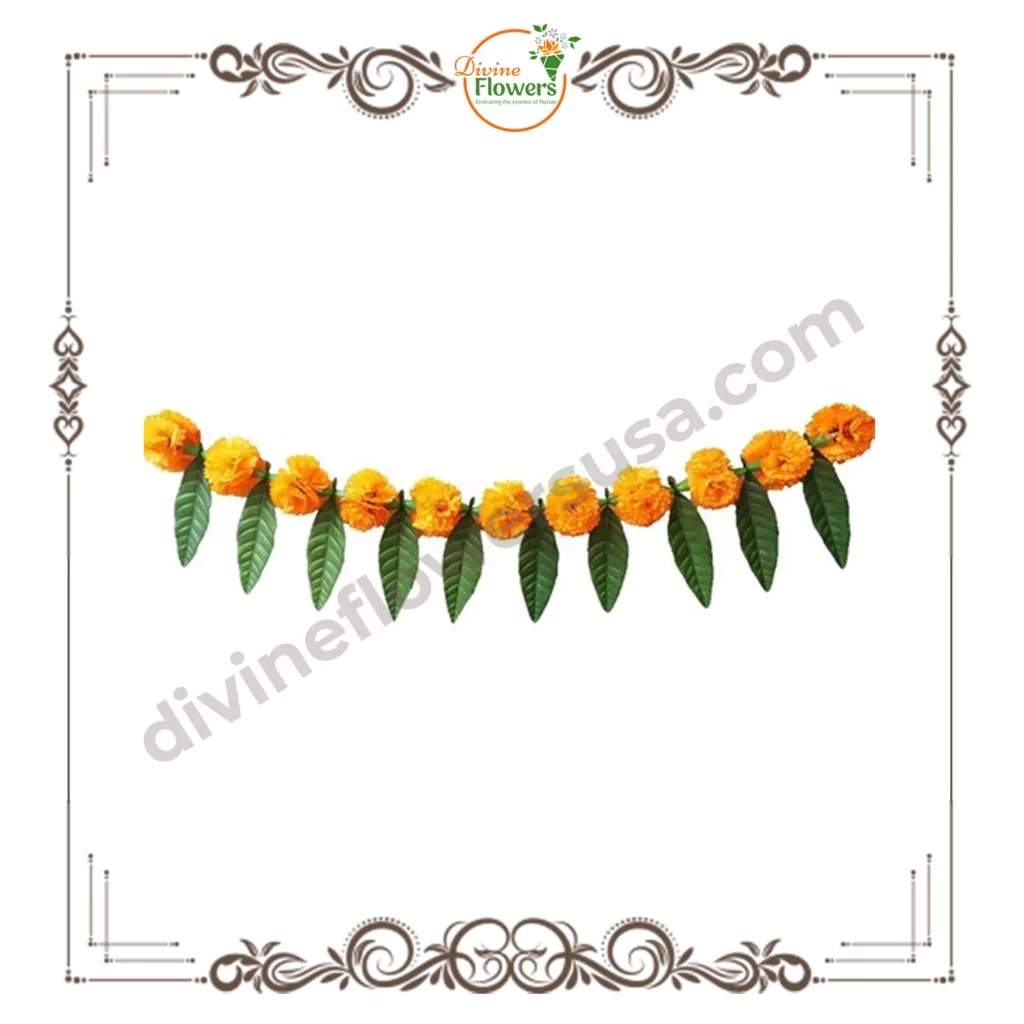
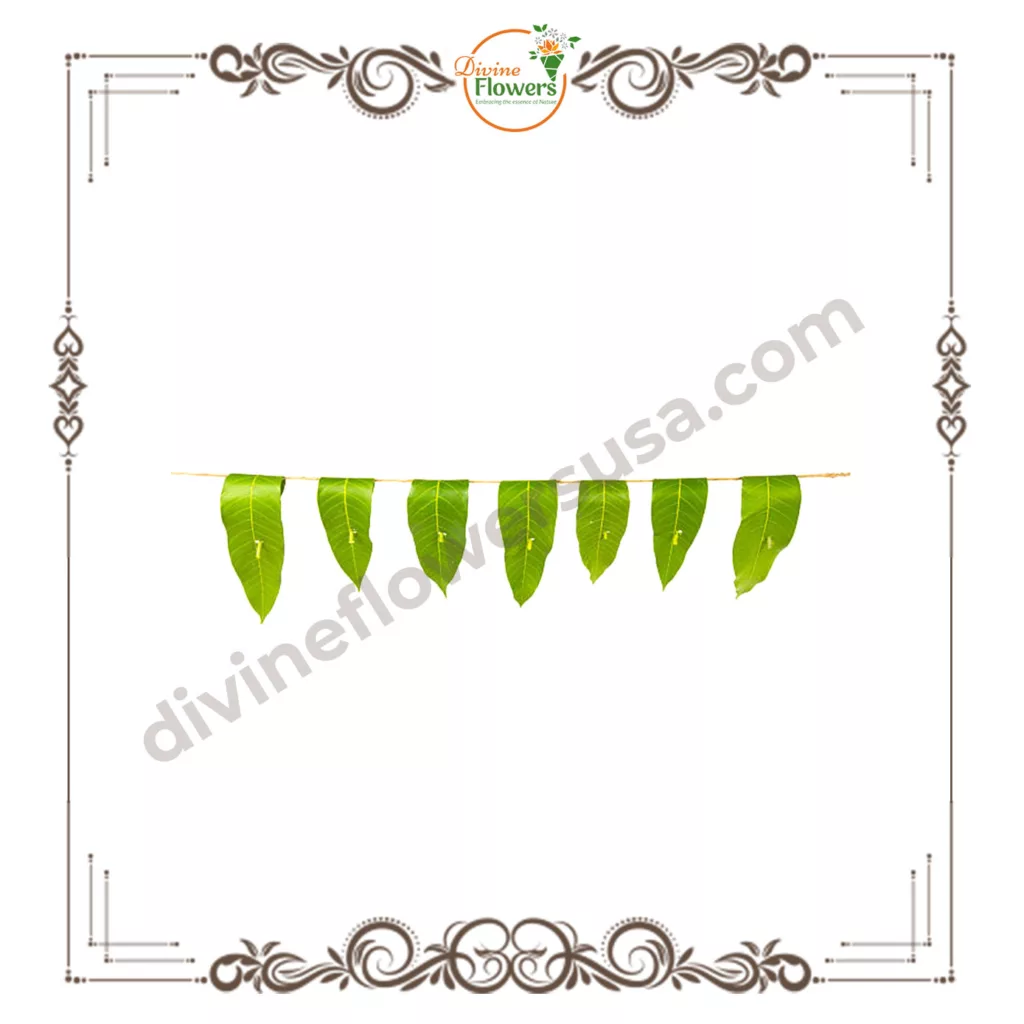
This combination of fragrant flowers, colorful garlands, and symbolic leaves creates a visually stunning and spiritually uplifting atmosphere during Panguni Uthiram.
